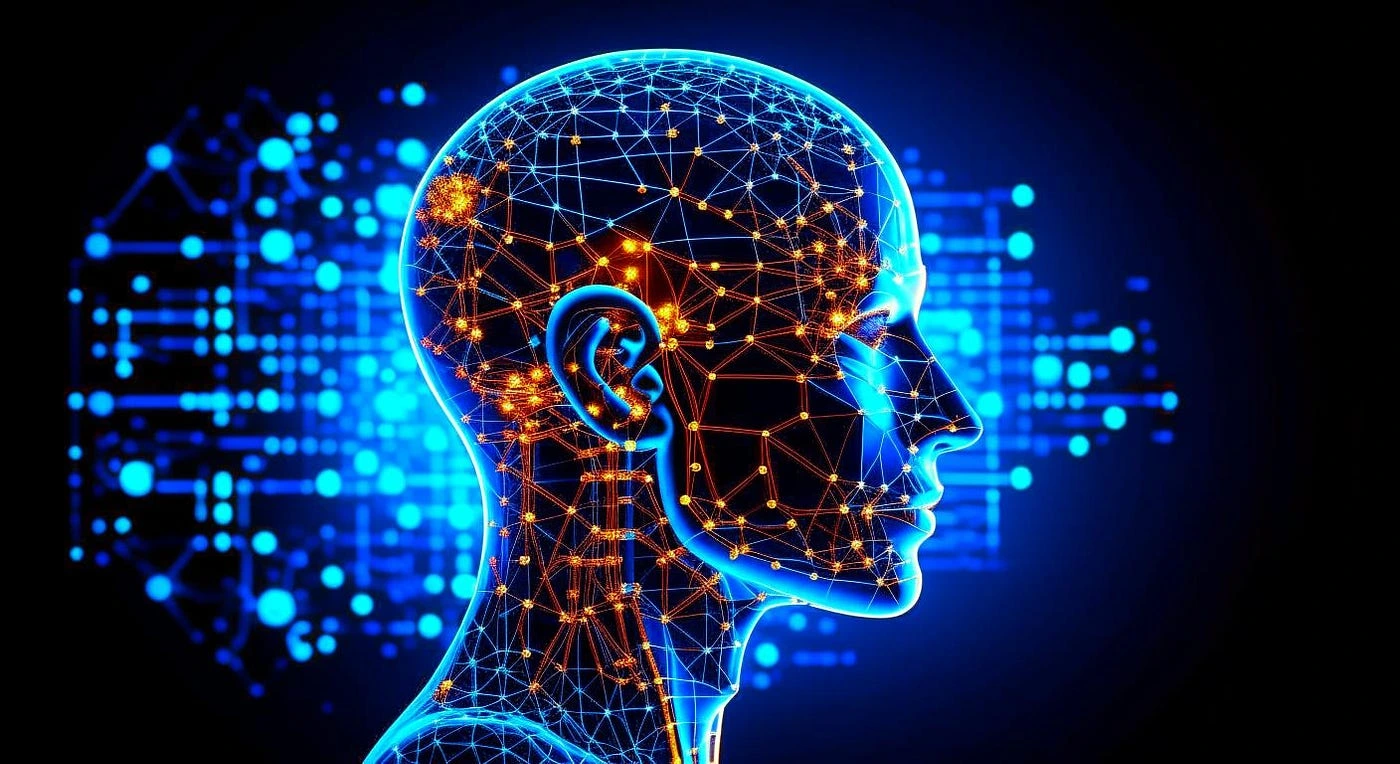In an era where artificial intelligence tools have become ubiquitous in our professional lives, a new study conducted by researchers from Microsoft and Carnegie Mellon University highlights a troubling trend: the potential erosion of critical thinking skills due to increased dependence on AI technology. Published on February 14, 2025, this comprehensive study explores the impact of generative AI tools on the cognitive abilities of knowledge workers, revealing some eye-opening insights into how AI is reshaping workplace dynamics.

Deciphering the Study’s Findings
The research involved 319 participants, all of whom are knowledge workers whose daily tasks involve managing and processing information. These individuals provided detailed self-reports on their use of AI tools, focusing on tasks assigned, the execution of these tasks with AI assistance, and their personal confidence in both the AI’s capabilities and their own skills without such tools.
The study uncovered a concerning pattern: the higher the confidence in AI’s capabilities, the more likely workers are to disengage their critical thinking skills. This “perceived enaction of critical thinking,” as the study terms it, becomes more pronounced with simpler, lower-stakes tasks, where the tendency to overlook details without scrutinizing the AI’s output increases. This phenomenon raises significant questions about long-term reliance on AI and the potential decline in independent problem-solving capabilities.

Conversely, when participants doubted the AI’s effectiveness, they were more inclined to engage deeply with the task, enhancing their own analytical skills and confidence in their personal ability to improve upon the AI-generated results. Interestingly, the study also found that reliance on AI tends to homogenize outcomes for similar tasks, limiting the diversity of potential solutions that might emerge from human-only brainstorming sessions.
Implications for the Future Workforce
This study serves as a crucial wake-up call for organizations and individuals alike, emphasizing the need to balance AI integration with active engagement in critical thinking processes. As AI tools streamline workflow and optimize efficiency, there is an undeniable risk of cognitive complacency which could, in the long term, stifle innovation and personal growth within companies.

As we continue to integrate AI into our work environments, it’s vital to foster a culture that encourages questioning and critical evaluation of AI-generated content. Encouraging employees to regularly assess their reliance on AI and its impact on their critical thinking capabilities could help mitigate potential downsides while capitalizing on the technology’s benefits to enhance productivity and innovation.
In conclusion, while AI undoubtedly represents a powerful tool for business efficiency, this study from Microsoft and Carnegie Mellon University underscores the importance of maintaining active and engaged critical thinking skills as we navigate the digital age. As the adage goes, even the most sophisticated tools need a sharp mind to wield them effectively.










